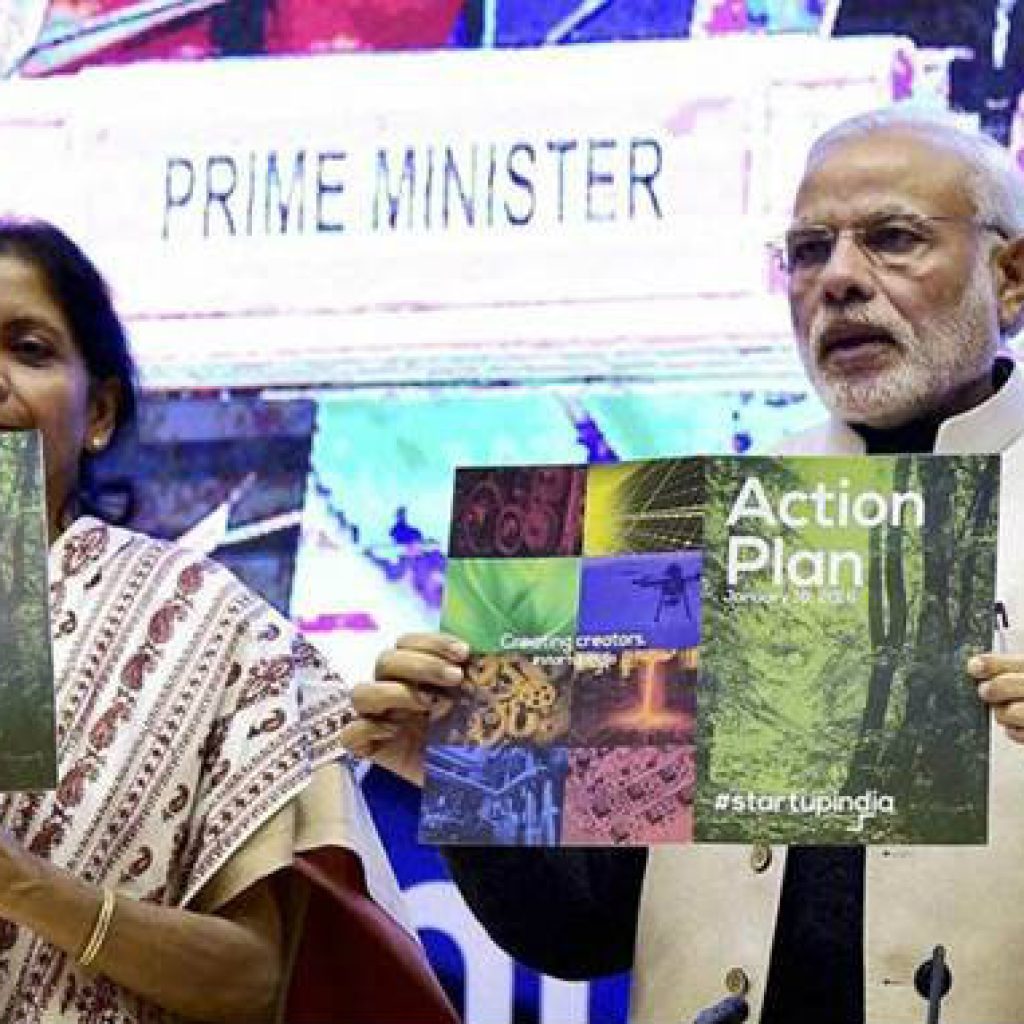
India has allowed start-ups to raise up to USD 3 million each in a fiscal year via the external commercial borrowings (ECB) route, the country’s central bank said in a statement on Thursday.
Overseas branches or subsidiaries of Indian banks will not be allowed to lend to start-ups via the ECB framework, the Reserve Bank of India statement (RBI) said.
The RBI did not specify the maximum cost at which start-ups can raise money via ECB and said it will be mutually agreed between the borrower and the lender.
Typically, the central bank specifies the maximum cost for financial institutions to raise money via ECB.
About ECB
According to wikipedia, an external commercial borrowing(ECB) is an instrument used in India to facilitate the access to foreign money by Indian corporations and PSUs. ECBs include commercial bank loans, buyers’ credit, suppliers’ credit, securitised instruments such as floating rate notes and fixed rate bonds etc., credit from official export credit agencies and commercial borrowings from the private sector window of multilateral financial Institutions such as International Finance Corporation (Washington), ADB, AFIC, CDC, etc. ECBs cannot be used for investment in stock market or speculation in real estate. The DEA (Department of Economic Affairs), Ministry of Finance, Government of India along with Reserve Bank of India, monitors and regulates ECB guidelines and policies. For infrastructure and greenfield projects, funding up to 50% (through ECB) is allowed. In telecom sector too, up to 50% funding through ECBs is allowed. Recently Government of India allowed borrowings in Chinese currency yuan.Corporate sectors can mobilize USD 750 million via automatic route,whereas service sectors and NGO’s for microfinance can mobilize USD 200 million and 10 million respectively.
Borrowers can use 25 per cent of the ECB to repay rupee debt and the remaining 75 per cent should be used for new projects. A borrower can not refinance its entire existing rupee loan through ECB. The money raised through ECB is cheaper given near-zero interest rates in the US and Europe, Indian companies can repay part of their existing expensive loans from that.
